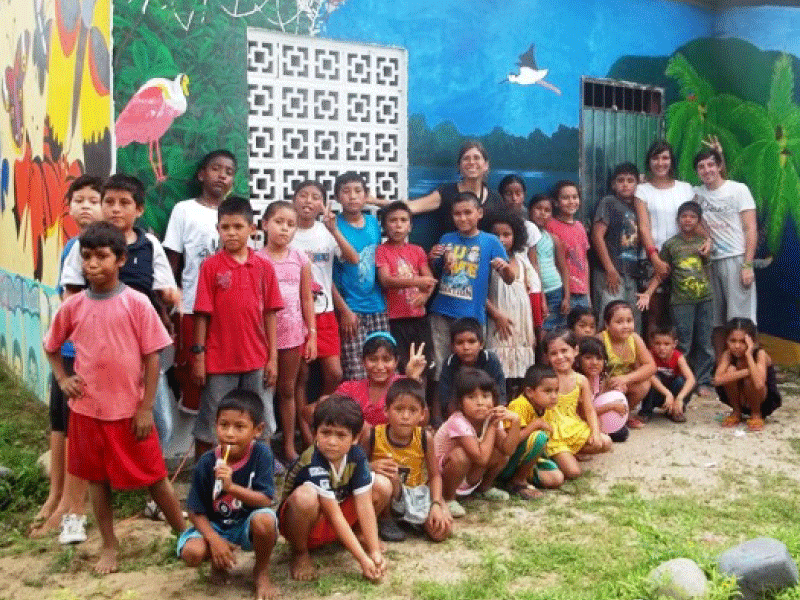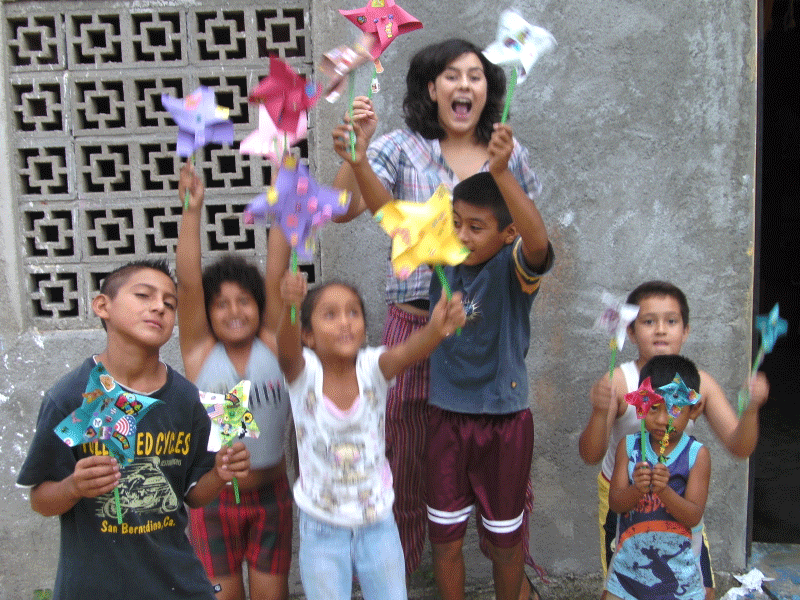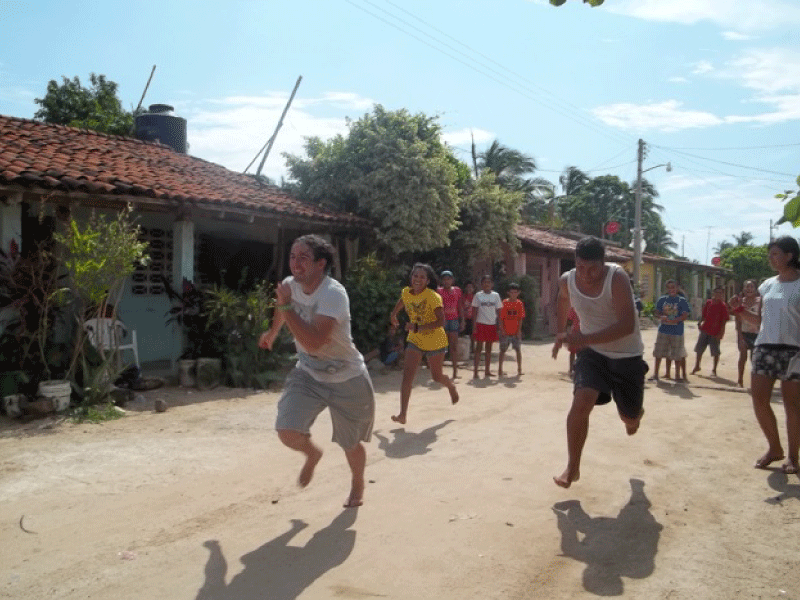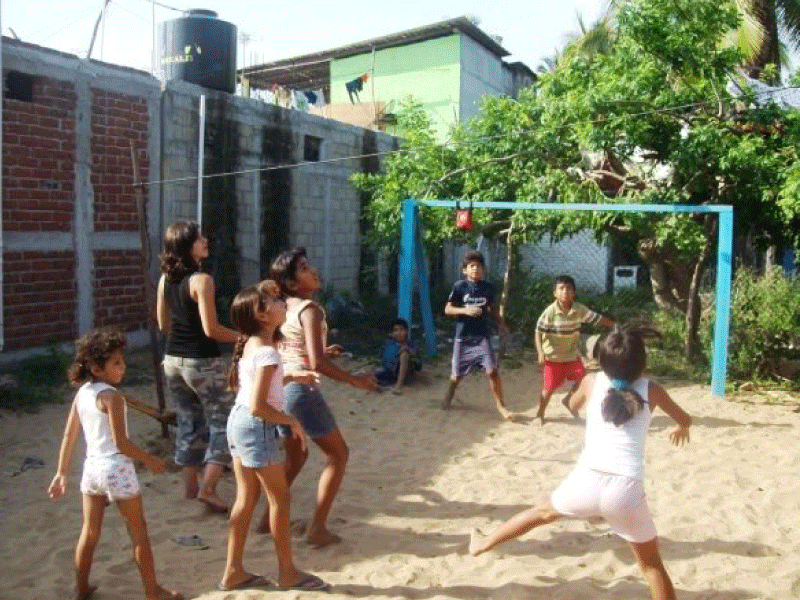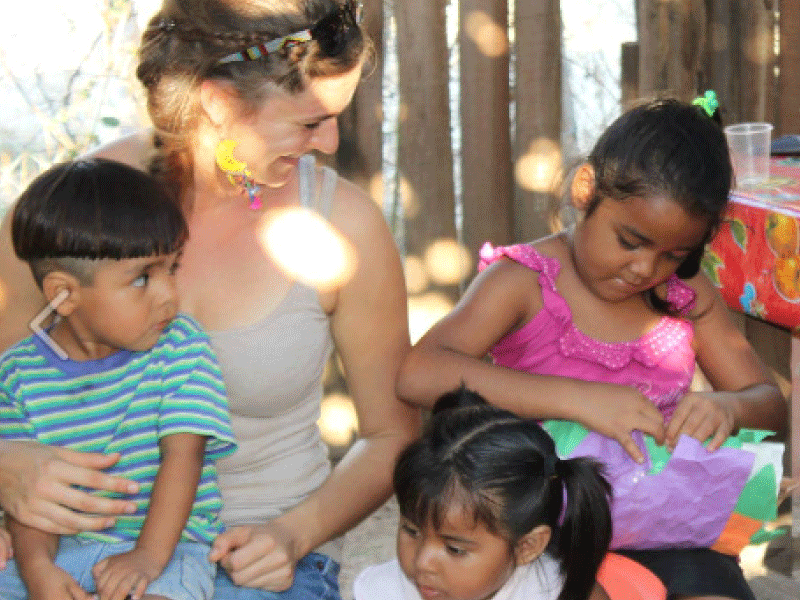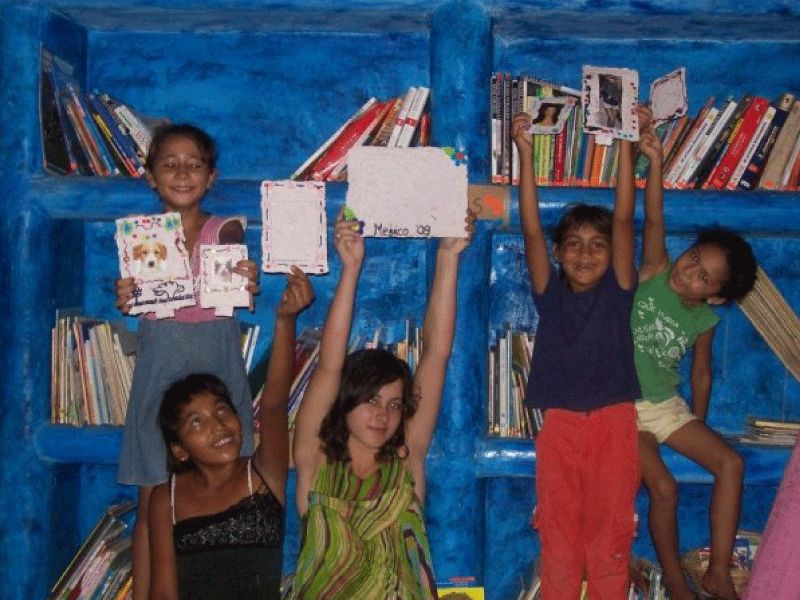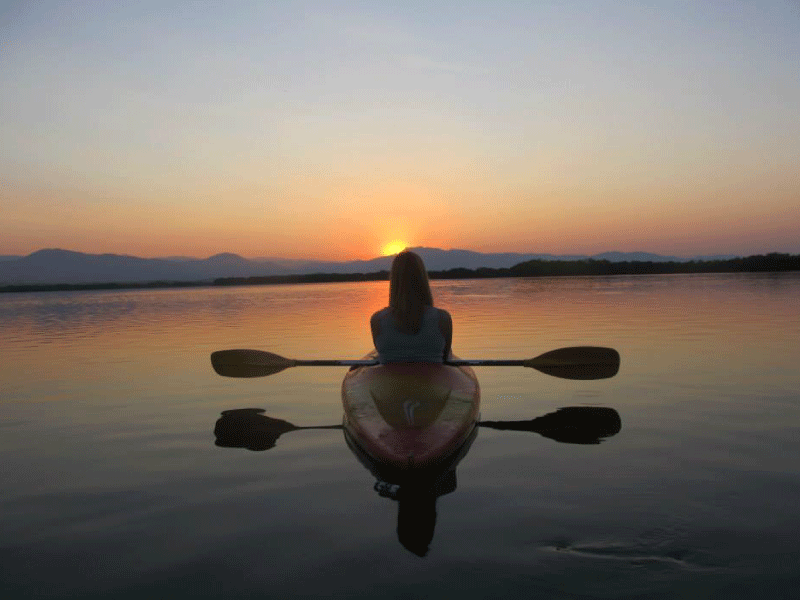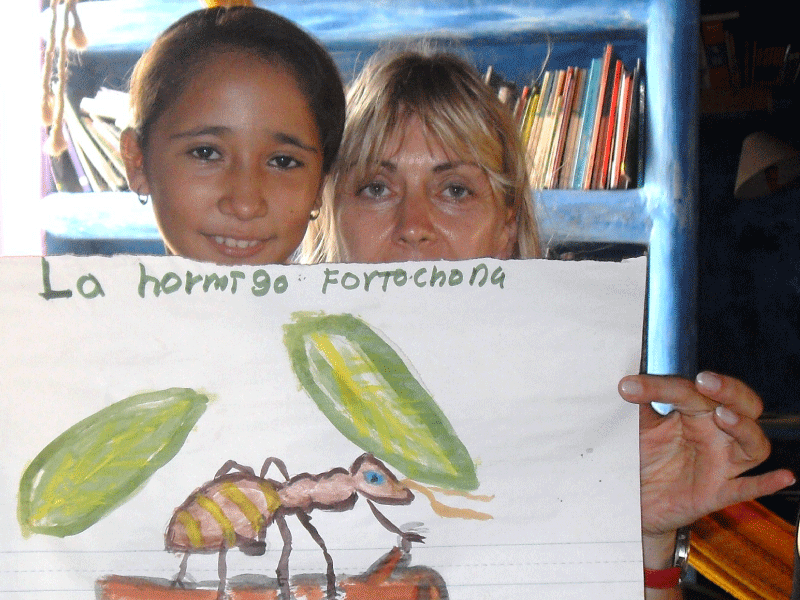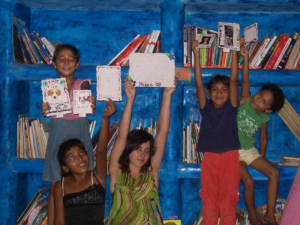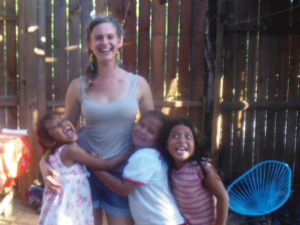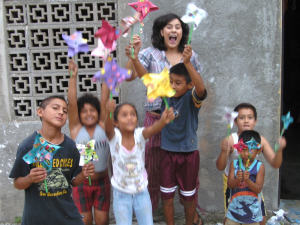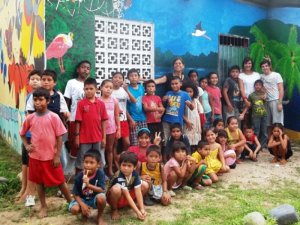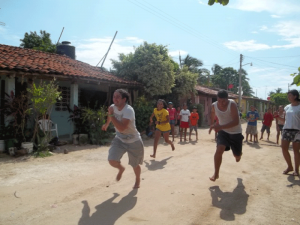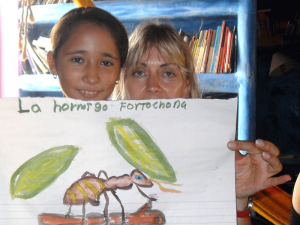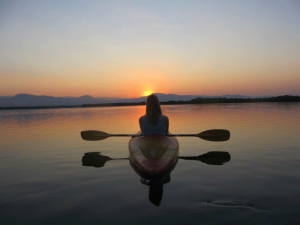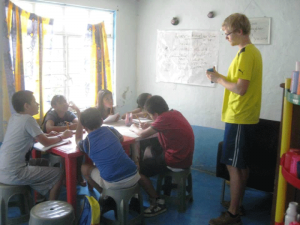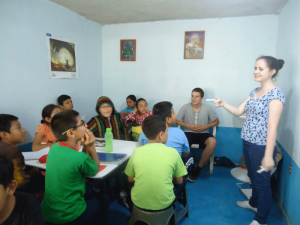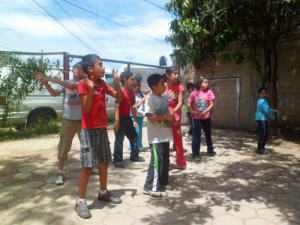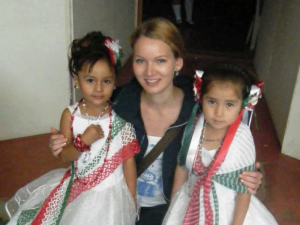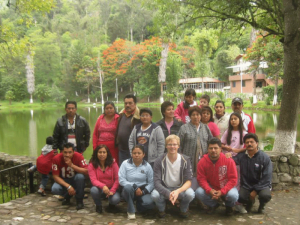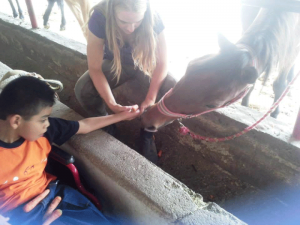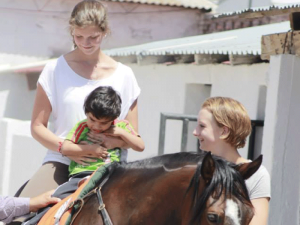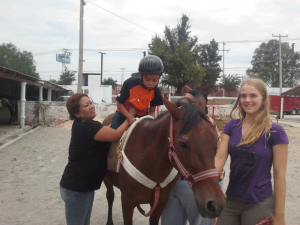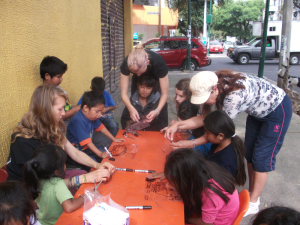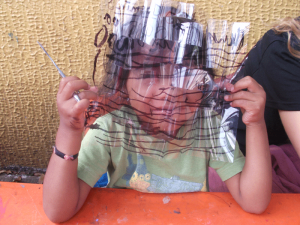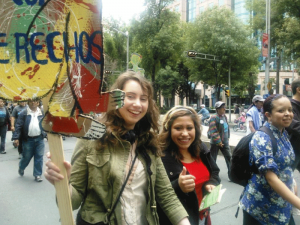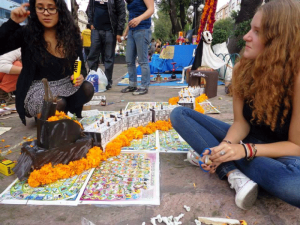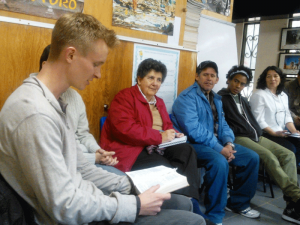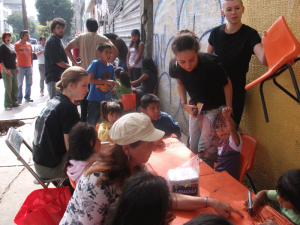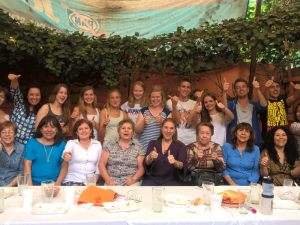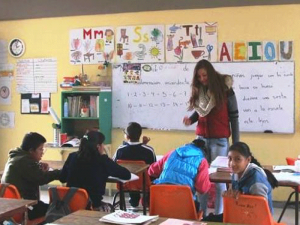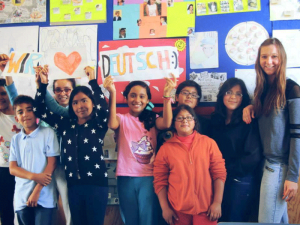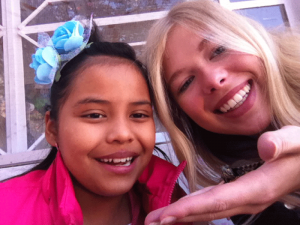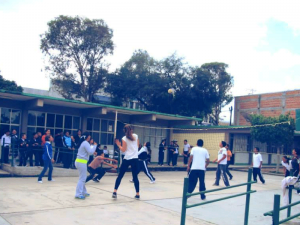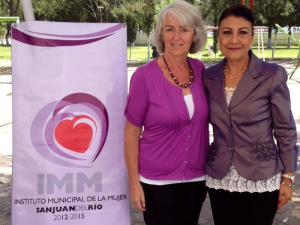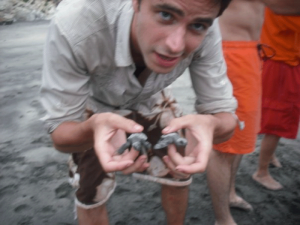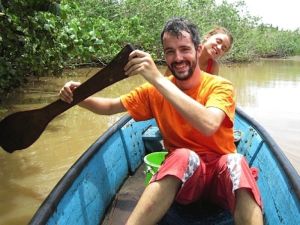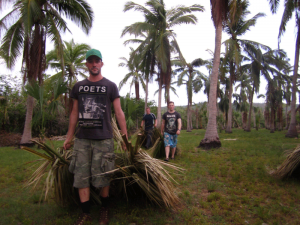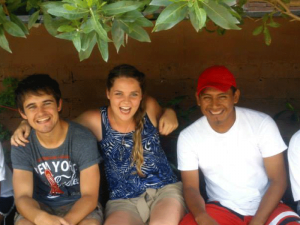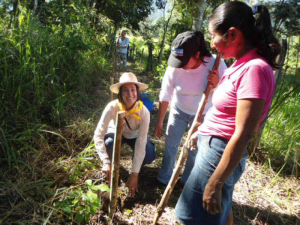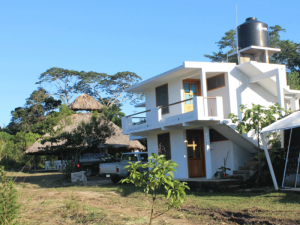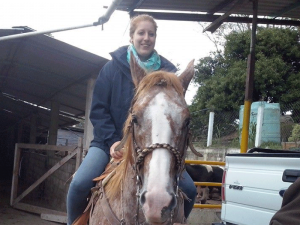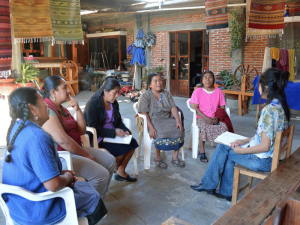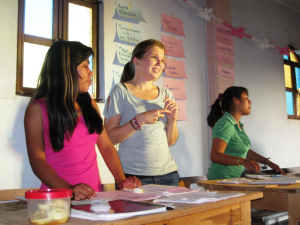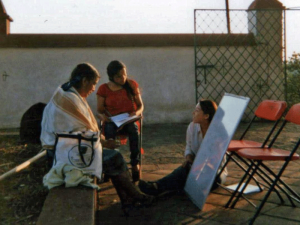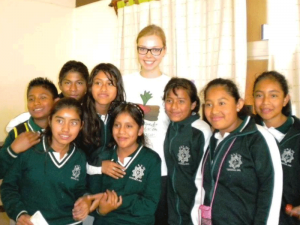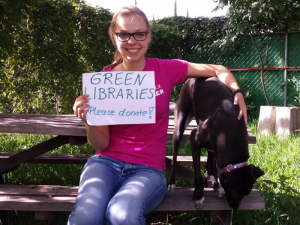[:en]
Volunteering in Mexico
Volunteering in Mexico focuses on projects that seek to help those living in poverty.
The presence of a volunteer in a project reinforces the idea that the needs of a group are being heard and that something is being done to help them.
Mexican hospitality is widely recognized and volunteers will have the opportunity to immerse themselves in Mexican culture by living with a local family. As well as this volunteers will also learn that Mexico has a population of over 100 million inhabitants and by living and working with local people, volunteers will realize that the best resource of Mexico is its own people.
Mexico is indeed a land of contrasts where volunteers can make a valuable contribution in communities that are in danger of being left behind progress and opportunities.
PROGRAMS
CHILDCARE AND YOUTH WORK
Volunteers in this project will get involved in the development of educational programs for young children and teenagers.
Highly motivated individuals with initiative are required to take over different tasks, from office work to homework guidance, coordination of art, language or music workshops, sport activities or reading circles. They will be working with kids of all ages, and the program of work depends on the season of the year they arrive. A high level of independence and initiative will be required from suitable volunteers.
This project especially requires volunteers all year around. Volunteers are welcome for 4 weeks up to 6 months.
SOCIAL WELFARE
Volunteers in Amecameca will share their time working with two projects that support kids from poor backgrounds with Cerebral paralysis, Down Syndrome or Autism, imparing hearing and mental retardation among other conditions.
Volunteers will help teachers and therapists, either in Physical activities, art and body expressions workshops, early stimulation sessions, or during lunch time in the dining room. They can also help in the maintenance of the installations: growing a garden and painting walls surrounding the Center, or supervising and cleaning the workshops areas.
This project especially requires volunteers all year around. Volunteers are welcome for 4 weeks up to 6 months.
SOCIAL WELFARE
Based in San Jacinto Amilpas, 30 mins. away from Oaxaca City downtown, This project offers a safe space for kids of different backgrounds and their parents, to develop different skills and discuss matters that affect them.
In the mornings volunteers will teach English or support art or sports classes at local Primary schools. Volunteers can also take part in a “Conversation club” of their native language in a local University, allowing students who can’t afford to travel abroad to have “an intercultural experience”; this language exchange sessions will help to improve the Spanish of our volunteers.In the afternoons volunteers might support activities such as:
- Supporting kids to do their homework, to teach them how to use books and internet to get relevant information.
- Supporting the learning of English and the practice of Math.
- Organizing campaigns to create awareness on environmental education , health and nutrition, pet care, neighborhood safety.
- Organizing or teaching special workshops on handcrafts.
- Keeping clean the facilities of the Fundación.
- Monitoring art workshops to work on the topics mentioned above.
- Organizing outdoor activities to motivate physical exercise.
- Building links with local authorities to bring into the community center art and social events.
- Building up relations with other organizations that can support campaigns.
A good knowledge of Spanish is a plus, but Basic Spanish is accepted. Volunteers will work mainly from Tuesday to Saturday. Participants will live in the same neighborhood, with a hostfamily.
SOCIAL WELFARE
Cuadra Don Antonio sponsors horse therapies for kids with special needs who come from a disadvantage background. Low income families can apply for the service, and under a means test scheme they receive the service almost for free. Special needs kids who live under the care of the state receive this therapy for free.
Located 15 mins away from Queretaro City Downtown, Cuadra Don Antonio is trying to expand this service to attend more kids from disadvantage backgrounds so they badly need committed volunteers to help. The stable has 15 boxes, a tack room, a cow corral, 2 horse pens, a training arena, a food storage room, bathroom, an area for kids to play and an office. There is the plan to construct an equine surgery and recovery clinic as Vet students are already doing their internships here.
Three days a week volunteers might be helping in different stable chores such as horse grooming, horse exercising (ride, lunge), feeding animals, assisting vet checks up, muck stalls and supporting riding classes. Depending on the demand of the therapy sessions or horse riding classes, volunteers might help with them also. The income from horse riding classes supports the generation of more full scholarships for therapies as parents are also supported to pay for the transfer of their kids to the Cuadra.
Saturdays and Sundays volunteers will support the Special Kids Therapy Sessions (it is easier for some families to transfer their kids in public buses over the weekends when there is less people travelling).
Volunteers do not need previous experience with horses or horse therapy, but they need to love working with animals and kids, and be patient! Volunteers have to be willing to learn and not be afraid of horses.
A good knowledge of Spanish is a plus, but Basic Spanish is accepted. Participants will live with a hostfamily and will travel between 30 or 45 mins by public transport.
SOCIAL WELFARE
Considered one of the largest cities in the world; Mexico City has a population of 9 million people; however it is joined by 60 municipalities in the making up of the Metropolitan Area of the Valley of Mexico, a giant urban area that shelters almost 20 million human beings.
Social movements, wars and economic crisis in the country have shaped a modern city where the very poor and the very rich, the well educated and the illiterate, contemporary constructions and cardboard settlements, are only example of the contrasts that share its space. Liberal laws on gender and sexuality have brought attention to the lack of laws to help the inclusion of other vulnerable groups such as indigenous collectives, young people in disadvantage situations and international immigrants.
We Mexicans want to think that attitudes such as racism, bullying and discrimination do not exist in our country. We simply do not see what we don’t want to see. The Civil Society and Non-profit organizations are working to make a difference; with their work in favor of these invisible groups they have pushed both local and federal governments to action. Working with few resources they manage to create enthusiasm and generate support to their causes mainly through the achievements of their own volunteers.
The tasks and responsibilities of a volunteer in this program will depend of the length of stay, the language skills of the candidate and the availability of the organizations supported.
Participants will live with a host family in Mexico City that will provide house and full lodging. Volunteers will make use of the public network of transportation – metrobus, subway, minibus- to get to their projects, a cost that is not included in the net fee of our program but that won’t be more than 10 USD or 10 euros per week.
Ideally, volunteers taking part in this program wanting to work with immigrants rights will stay in Mexico City for 12 weeks at least; however shorter periods of time can be arranged mixing experiences with two groups.
SOCIAL WELFARE
The Community Action Program of the “Municipio” (Municipality) of San Juan del Río focuses in the integral development of the citizens of the region. As a way to integrate the “old” and the “new” San Juanenses, to keep low levels of crime and preserve the traditional, colourful and peaceful face of the city.
This project comprises the efforts of Official Entities that have developed programs to improve the quality of life of San Juan del Río and surroundings. Attention to the elderly, to women in disadvantage areas, to kids in general; to their healthy physical and emotional development.
Volunteers could support different areas of the program according to the period of arrival and personal interests and skills:
- Senior Citizens Services at their “Casa de Día” (Day home).
- Supporting local promoters of women´s health services, in campaigns such as early detection of Cancer.
- “Casa de la Cultura” offers classes of dancing, singing, theatre, art and music for all ages at low cost. Volunteers can assist teachers in their classes or promote the enrollment in the classes. At the libraries, volunteers will support workshops related to the promotion of reading or art, or in the administrative section.
- Supporting languages classes for new generations of Police force.
- Could be asked to support language tutoring of the staff of Tourist information booths, help in the planning and promotion of local tours (and even act in them, such as “Legends of the New Spain”!) and in office tasks. Or doing bilingual tours of Museums such as “Museum of the Death”.
Working with groups pursuing the preservation of traditional techniques such as brick making, traditional baking, etc.
ECOLOGY
This Co-operative project in a beach village in Oaxaca State was set up to stop the killing and selling of turtles and their eggs and has grown in to a sustainable development project which generates alternative sources of income for the local people. It is located in a small beach village in a large mangrove zone just 60 minutes away from Huatulco and Puerto Escondido beach resorts. Twenty five families living in the village are actively involved in the co-operative which has among its goals to rescue the natural habitat of hundreds of species of birds and reptiles and the promotion of eco-tourism.
The co-operative started operating tours along the mangrove swamp and offering horseback riding tours to generate an extra income. They have also established a tree nursery housing 70,000 plants of mangle and other local varieties, a crocodile farm and nurseries for turtles and iguanas.
This project requires volunteers all year around for periods of 4 weeks up to 3 months.
Accommodation will be in community residential facilities.
Volunteer activities might include the cleaning and preparation of the eco-friendly tourist cabins; to assist in the community owned restaurant “El maíz azul” (“The blue corn”), helping in the rehabilitation of confiscated animals and the release of newly-hatched turtles into the ocean. Between August and October, for example, volunteers could take part in night patrol canoe trips to find turtle’s nests, to collect and record eggs, and to bring them to the nursery. Participants will also help in the organisation and development of workshops to recycle paper, aluminium, plastic and coconut fibre; as well as in the daily cleaning of the beach, the dock and the island; and in the planting and harvesting of ornamental and fruit trees.
INFRASTRUCTURE AND AGRICULTURE
Following a holistic approach our organization partner in Palenque works mostly with women in four areas: income generation, education, community health and nutrition and environmental sustainability.
In the Community Health and Nutrition program families learn how to transform their eating habits and achieve good community health practices. One of the biggest problems in Mexico is malnutrition among children. Low family income, along with a lack of nutritional knowledge and the loss of the ability to produce one´s own food, are a few of the primary causes of malnutrition in the Mexican context. The tendency to substitute processed food for a more traditional, balanced Mexican diet that provides all necessary nutrients, has added to the severity of this problem.
Volunteers might be helping in the different ecological workshops (ecotecnias) according to language and personal skills:
- Cooking classes and tips
- Backyard gardens
- Building good eating habits
Participants will live in the same community in a Ecological Center Facilities. It has running water, well equipped facilities but no access to internet.
A local couple takes care of the Maintenance and the cooking but volunteers can cook for themselves too.
INFRASTRUCTURE AND AGRICULTURE
Oaxaca is one of the poorest States in Mexico; so it sounds as a contradiction that In Oaxaca children coming from extreme poverty backgrounds present overweight problems, mal nutrition stages and high dependency on sugar drinks. These children attend public schools in regions of medium and high marginalization, without proper teaching spaces, or even electricity, running water or drainage. The parents of these children barely finished primary school and very few have stable jobs.
Supporting different organizations according their needs or work load, volunteers have the opportunity to learn in the process of helping about actual topics and get to know different communities around Oaxaca City:
Food Security and Worm Composting:
Fostering the dissemination and use of appropriate techniques for waste management in order to take care of the environment and as a strategy for improving the living conditions of people living in extreme poverty in areas of accumulation of trash, mostly children and women. The Worm cooperative processes organic waste into worm composting and provide training workshops for families and communities whose health and life quality are affected by garbage. (Municipality of Huajuapan de Leon).
The goal of food security is to strength the capacities of marginalized communities in the State, so that they can have greater influence in public policy regarding food security. (Central Valleys and Mixteca Regions of Oaxaca – 10 communities)
Volunteers tasks may include:
- Support on fundraising activities
- Support on administration and communication activities
- Participate and support on delivering training sessions on topics such as recycling, planting and transforming trash into organic fertilizer at the beneficiaries’ schools and/or at the Worm Compost Center
- Editing and translating documents and institutional materials
- Participating in staff meetings and project site visits
- Support producing and selling organic fertilizer
Sustainable-design project:
Oaxacan pottery is a centuries-old practice, in danger of disappearing. (IT) is a sustainable-design project whose mission is to revitalize Oaxacan pottery through systemic and collaborative design where artisans, designers and artists meet to share skills, knowledge, and stories to rethink the ceramic traditions of Oaxaca, and support pottery communities in the development of their trade and culture.
They currently work in five interconnected areas, through a multidisciplinary approach in 7 communities with 40 artisans. Two areas are in need of support at (IT):
- Shop and inventory assistant. A potential volunteer would be assisting with sales in our small retail shop (so having an engaging personality would be helpful). Related to this, this position would also be assisting with packing and shipping items as well as organizing our storage space and keeping track of the inventory, so having a good sense of space and organizing would be very valuable. In addition, we hope that the volunteer would be interested in social media and building our social media presence through instagram, facebook etc. and working on our newsletters, building our list and maintaining our database.
- Technical assistant for Kiln Project. The first kiln (a kind of oven) in the world for low temperature ceramics that works with recuperated oil from local restaurants and gas. We need a person monitoring and evaluating everything that happens in the workshop during the firings and reporting to us productivity logistics on an everyday basis. We will provide the volunteer with a format to fill in the temperature measurements. We don’t need an expert on Engineer nor Anthropology. We are just looking for a very organized, sensible and well-structured person that can be effective on registering the information that we need and reporting to us.
Empowerment of women
Our third partner in this area manges a microloan program that gives women the opportunity to create or expand small businesses, empowering them to better provide for themselves and their families. Its educational program impart women with the knowledge they need to make better decisions regarding their businesses, personal finances, and use of loans.
Its tourism model allows them to leverage the resources from tourism and direct them sustainably into communities, while connecting people to the ideas, strength and power of women working hard to improve their future.
The organization channels capital from tourism into local communities by using tour fees to provide interest-free loans, which support the business ideas and goals of local women entrepreneurs.
Volunteers might be required to:
- Support English classes for adults and kids in Teotitlan del Valle or Tlacochahuaya.
- Support Math, Accountancy, Computing or Finance workshops.
- Organize campaigns to create awareness: environment education, health and nutrition, pet care, neighborhood safety.
- Monitor art workshops to work on the topics mentioned above.
- Do inspection visits of the projects supported by the Fundación (in nearby Teotitlan de Valle or Tlacochahuaya).
- Lead groups of national or foreign tourists visiting the workshops supported by the Fundación, act as interpreters if needed.
- Volunteers´ task may vary according their fluency in Spanish. A good knowledge of Spanish is a plus, but Basic Spanish is accepted.
- Volunteers will work mainly from Tuesday to Saturday.
- Proactive and independent volunteers with good personal skills are needed.
- Certain knowledge of microfinance models would be a plus.
Participants will live with a hostfamily about 30 mins away from Oaxaca City Centre.
- Airport pick up in Mexico City
- Two nights of hostel accommodation in Mexico City with breakfast
- Welcome orientation to the program
- Transfer to project community by bus
- Half day Mini tour of Mexico City, transportation and entrances to museums
- Placement in volunteer project
- Accommodation and all meals with a host family or in community facilities
- Donation to the project
- Support by a local representative for the duration of the project
- Transfer by bus from Mexico City to host community
- 24/7 emergency support
- Cost of international flights
- Lunch and dinner during the stay in Mexico City
- Transportation from project to point of departure at the end of the program
- Cost of daily transport to project
- Personal expenses
- Health and accident insurance (mandatory)
- Visa extension fee, when applicable
- Good Spanish skills preferably (participants can apply for an intensive course of Spanish before the program starts at extra cost)
- +18 to years old
Please ask for further details and costs
